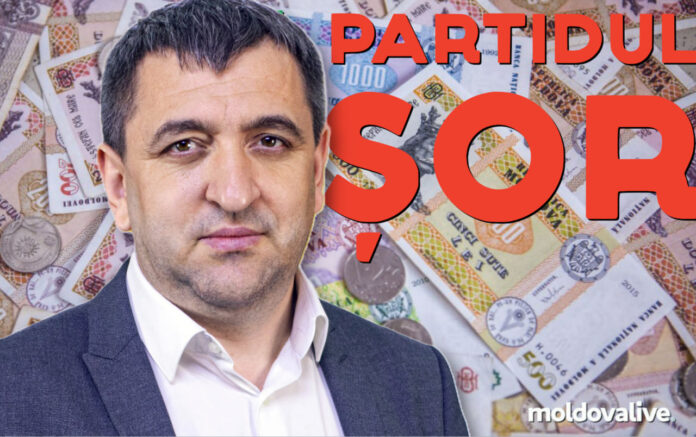The national legislation in the electoral domain needs and is expected to be modified, with individuals, organizations, and parties that engage in voter bribery being severely punished. This is the conclusion reached by the members of the National Security, Defense, and Public Order Committee of the Parliament after hearing from the leadership of the National Anticorruption Center (NAC), the Intelligence and Security Service (ISS), the General Police Inspectorate (GPI), the General Prosecutor’s Office (GPO), and the Central Electoral Commission (CEC). The discussions in Parliament focused on electoral fraud observed during the presidential elections and the national referendum.
The Chairman of the Committee, Deputy Lilian Carp, stated in a press conference that according to official data available as of November 20, over 500 searches were carried out, and nearly 57 million lei were confiscated. Furthermore, over 476 individuals have been questioned regarding this case, and an additional 2,734 materials are under examination from a total of over 3,750.
The parliamentarian mentioned that the law enforcement agencies that presented reports in Parliament continue to work on gathering the necessary evidence and counteracting this dangerous phenomenon.
”Election fraud actions were influenced by a state—Russia, which carried out several actions to overturn or manipulate the elections. The scheme of vote buying was also detected in the elections of the Gagauzia Autonomous Territorial Unit. The vote-buying process was more direct compared to the new fraud schemes discovered during the October 20 and November 3 elections. This forced our services to act differently and highlighted legislative gaps that must be addressed soon to counteract vote buying. We can confidently say that, for the most part, the election fraud process involved several non-governmental organizations used as fronts for election fraud, and through these organizations, direct vote buying occurred, with one such organization being Evrazia, which carried out several actions aimed at fraudulently influencing the elections.
FOR THE MOST IMPORTANT NEWS, FOLLOW US ON TWITTER!
There are individuals directly affiliated with the Shor group, and I can name a few—Shor himself and his former accountant Nelli Parutenko, who coordinated this process. A new component in this fraud process was the involvement of clerics. While not all 500 approaches agreed, the majority rejected working with them despite initially traveling to Moscow. Also, the National Anticorruption Center initiated several criminal cases,” Lilian Carp specified.
Deputy Lilian Carp emphasized that it is absolutely necessary to strengthen state institutions and ensure that gathered evidence is submitted to the courts. Only then can those who threaten the country’s democracy be punished.
”Authorities have identified over 140,000 people who may have been involved in or had their votes bought in the fraud process, but this is not the final number. Furthermore, institutions have also discovered a phenomenon of fictitious donations made by an economic agent to an electoral candidate. This new legislative gap, which facilitated the concealment of illegal funding through fictitious donations for promotional materials in this campaign, must be changed in the legislation to combat this phenomenon. Another issue detected during this campaign is the bribery of some electoral operators. In some cases, electoral operators were found to have the PSB Bank app on their phones, which was used to directly bribe these individuals,” Carp added.
Next week, Lilian Carp and the Parliamentary Legal Committee will continue hearings with responsible institutions and will propose legislative amendments. Institutions with relevant powers may present reports during a plenary session, fostering a broader debate so that citizens can understand how the elections were manipulated and how state institutions acted.
Ilan Shor has not yet commented on Lilian Carp’s statements and accusations. Previously, both Ilan Shor, Deputy Marina Tauber, and other politicians connected to the “Shor network” denied the allegations that they had bought votes from Moldovan citizens.


